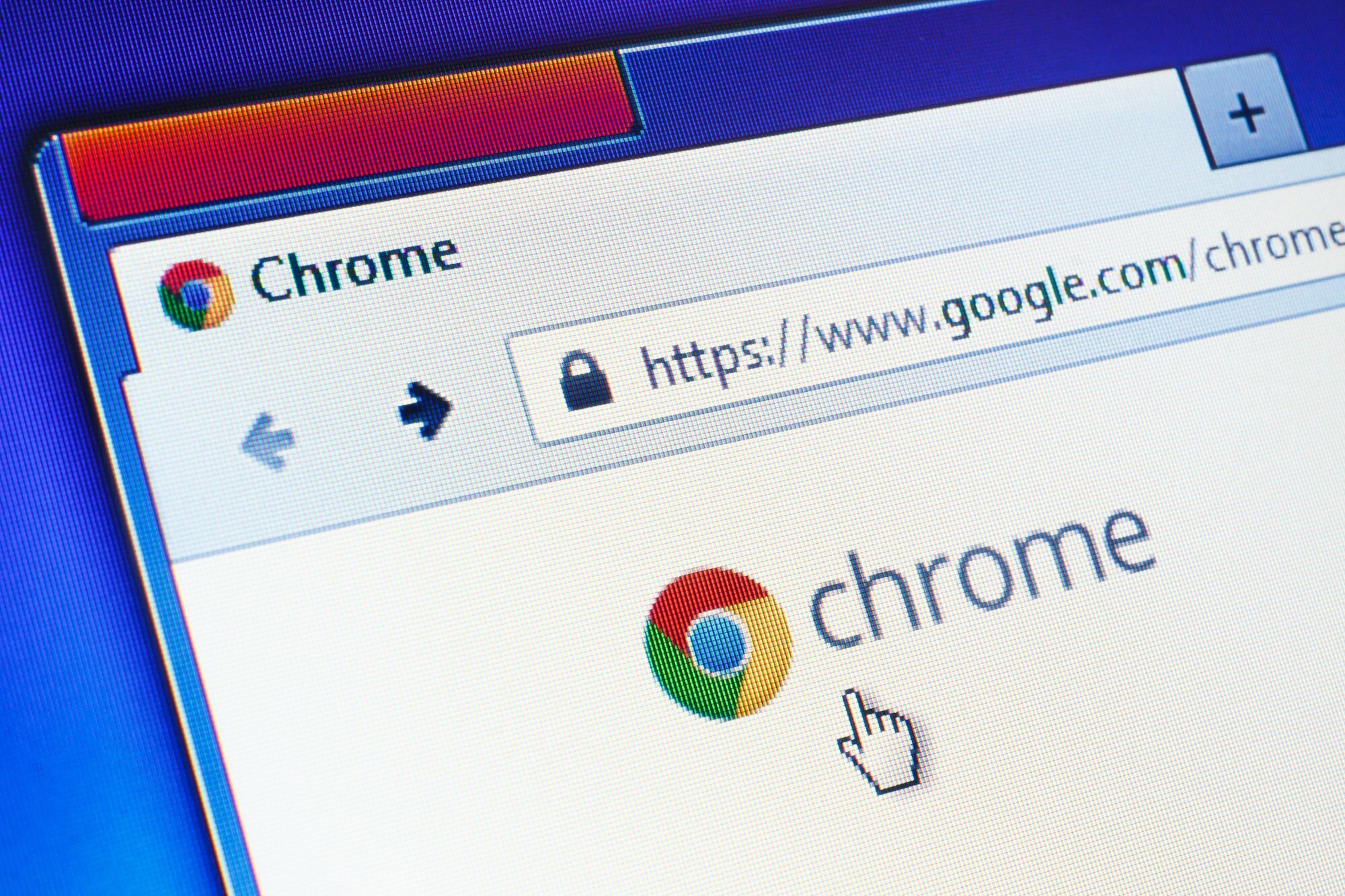Google’s Chrome OS is one of the world’s most misunderstood computing structures. Chromebooks are fundamentally different from conventional PCs, in any case — and consequently, there are many misconceptions about how they work and what they can and can’t do.

Since people are usually asking me whether or not a Chromebook is probably right for their wishes, I thought I’d prepare a short guide to assist this type of wanderer determine it out. Whether it’s you or someone you already know who is curious, the following three questions should help shed some light on what the platform’s all about and for whom it makes the experience.
READ MORE :
- Asus ZenFone AR With 8GB of RAM to Launch in India Soon
- The great Android apps for Chromebooks
- Is it safer to use an app or a browser for banking?
- AM General Sells Indiana Plant to China-backed SF Motors
- Glendale faculty makes use of contact-display computer systems to assist in educating critically autistic college students
1. Do you spend a maximum of your time using the internet and internet-centric offerings?
Think carefully right here, as the solution might surprise you: What do you do most often on a PC?
If most of the time spent on it is in an internet browser — whether it is analyzing information tales, browsing social media, or using net-centric services like Gmail and Google Docs — then Chrome OS might probably meet your needs just great. In truth, there is a perfect threat. It might truely make matters less difficult than what you are used to with a traditional PC setup (more on why in a minute).
[ To comment on this story, visit Computerworld’s Facebook page. ]
Now, it is vital to be aware that just because something is “internet-centric” does not necessarily imply you have to be online or to paint. One of the most unusual misconceptions I pay attention to about Chromebooks is that they are completely useless without a reliable internet connection. In truth, a massive and ever-increasing number of Chrome OS-well-matched apps work online and offline, including such things as Gmail, Google Docs, calculator apps, calendar apps, news-analyzing apps, and video games, or even Google Play Movies. (You can browse via the “Offline” segment of Google’s Chrome Web Store for many more examples.)
The fact is that for most people, the usage of a Chromebook offline isn’t terribly different from the usage of a conventional PC. You aren’t going if you want to get on the net or download new content material, glaringly. Still, other than matters that inherently require an energetic connection, there isn’t a heck of a lot you’ll need to do; this would not be available.
2. Do you have precise neighborhood packages that you truly want, or should most of the things you do on a PC be accomplished with net-centric (and/or Android app) equivalents?
Take a moment to consider what applications you operate that are regionally established in your PC — such as phrase processors, e-mail apps, picture and video enhancing software,aid-intensive games, or specialty software you use for your work.
Now consider how many of their programs could or could not get replaced with net-centric equivalents and/or Android apps — the latter of which is now available to install and use on a growing number of Chrome OS devices (and make no mistake about it: Their presence is a pretty big deal).
For example, if you operate Outlook for email, might you be k with the usage of both Microsoft’s Outlook.com or Google’s Gmail as a substitute — or with the usage of the Outlook Android app? If you rely on Microsoft Word on your PC, could Microsoft’s Office Online app or Google’s Google Docs utility do the trick simply as nicely — or may you want to get by way of with the Word Android app, which requires a active subscription for full editing capability? If you operate Adobe Photoshop for image modifying, might an internet-centric suite like Pixlr be effective enough for your needs — or would one of the many Android picture-modifying apps (Adobe-made or otherwise) be sufficient for your desires?
If the answers are “yes” or maybe “maybe,” then Chrome OS may be just right for you. If you have a particular nearby software program that you certainly need and that has no suitable web-centric or Android app equivalent, moving into a Chromebook might be a stretch. While Chrome OS has masses of possible options for commonplace, regular computing obligations, you are not going to locate any strong multimedia editors designed for the internet, nor will you find net-centric versions of many distinctiveness enterprise packages that were created with Windows in mind. The Android app availability may additionally fill several voids, but it can not fill them all (mainly when it comes to the custom company program class).
There is one extra asterisk to that: Google offers a simple tool referred to as Chrome Remote Desktop that lets you tap into a traditional PC from a Chromebook and work on it remotely. With that device, you can successfully use local PC software via the Chromebook, provided you’ve got a PC that is on, and you also have it for the far-flung session. It’s now not entirely ideal; however, depending on your scenario and how frequently you operate the neighborhood PC software program, it might be enough to bridge the distance.

